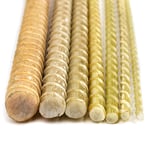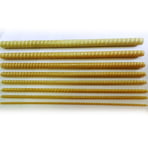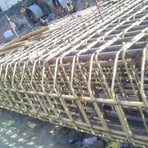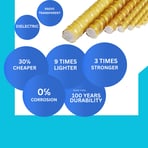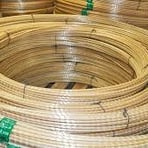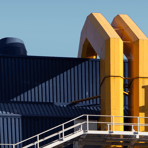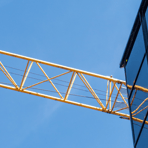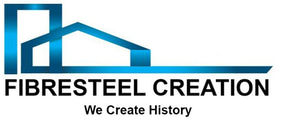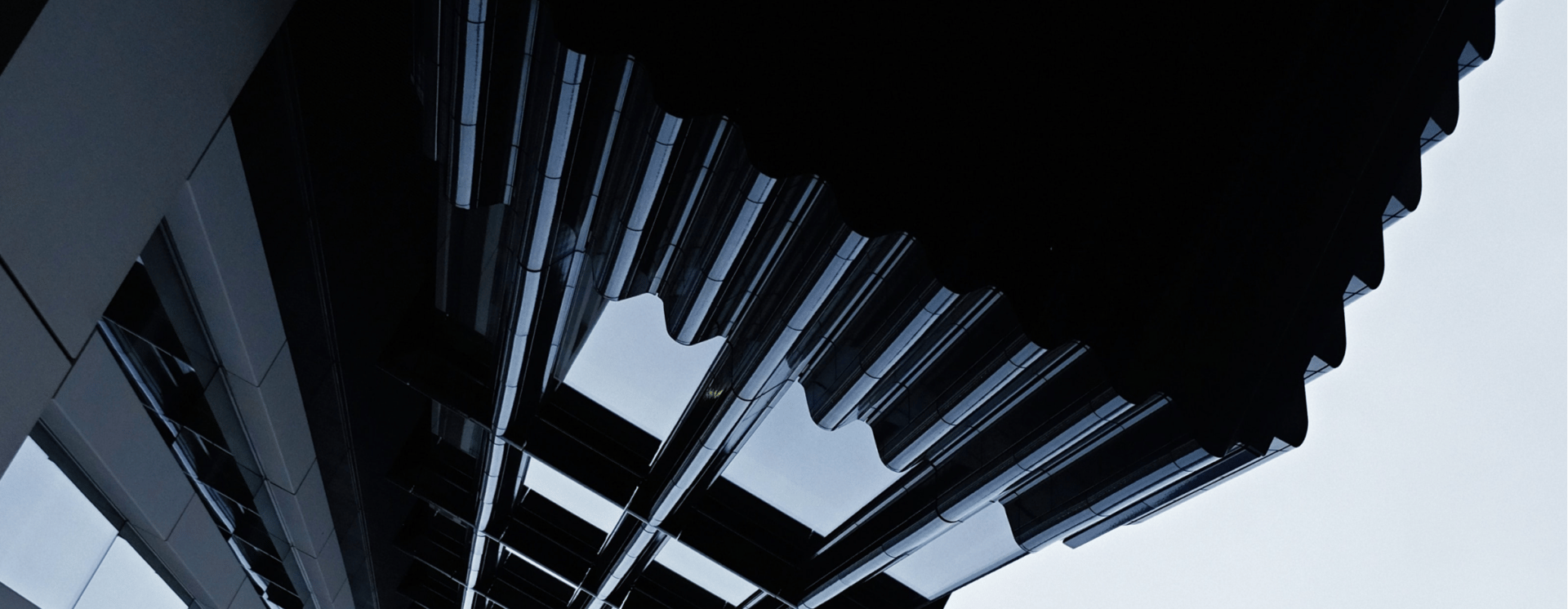
GFRP REBARS
advantages of gfrp
High Strength-to-Weight Ratio: Offers significant strength while being lighter than many traditional materials.
Corrosion Resistance: Resistant to rust and corrosion, making it ideal for harsh environments.
Durability: Provides long-lasting performance and can withstand environmental stresses.
Low Maintenance: Requires minimal upkeep compared to metals or other materials.
Design Flexibility: Can be molded into complex shapes and customized for various applications.
Thermal Insulation: Offers good thermal insulation properties, which can improve energy efficiency.
Electrical Insulation: Acts as an effective electrical insulator, preventing electrical conductivity.
Fire Resistance: Non-combustible and has good fire-resistant properties.
Cost-Effectiveness: Generally more cost-effective than metals and many advanced composites.
Reduced Structural Weight: Contributes to lighter structures, which can improve performance in applications such as aerospace and automotive industries.
Structural Reinforcement: Used to strengthen concrete, steel, and masonry structures.
Reinforced Bars (Rebar): Employed as a corrosion-resistant alternative to traditional steel rebar in concrete.
Bridge and Building Components: Utilized in the construction of bridge decks, columns, and beams.
HOW TO USE /USES
